
Antônio Carlos Gomes was a Brazilian composer notable for being the first New World composer whose work was accepted by Europe. He was the only non-European who was successful as an opera composer in Italy, during the "golden age of opera", contemporary to Verdi and Puccini and the first composer of non-European lineage to be accepted into the Classic tradition of music.
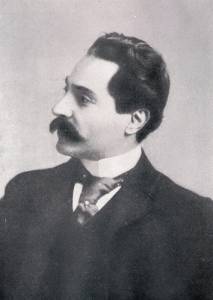
Giuseppe Martucci was an Italian composer, conductor, pianist and teacher. Sometimes called "the Italian Brahms", Martucci was notable among Italian composers of the era in that he dedicated his entire career to absolute music, and wrote no operas. As a composer and teacher he was influential in reviving Italian interest in non-operatic music. Nevertheless, as a conductor, he did help to introduce Wagner's operas to Italy and also gave important early concerts of English music there.
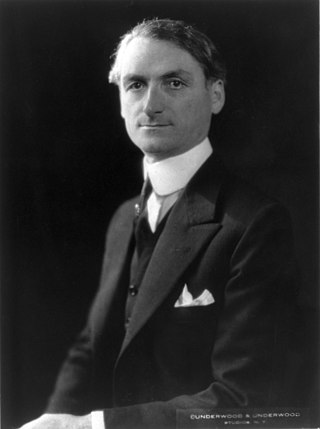
Italo Montemezzi was an Italian composer. He is best known for his opera L'amore dei tre re, once part of the standard repertoire. It is now seldom performed.

Giorgio Federico Ghedini was an Italian composer. In addition to orchestral works, in 1949 he premiered a one-act opera based on Billy Budd by Herman Melville.
Niccolò Castiglioni was an Italian composer, pianist, and writer on music.

Marco Enrico Bossi was an Italian organist, composer, improviser and teacher.

Beniamino Cesi was a celebrated Italian concert pianist and teaching professor of piano, who taught many of the most distinguished early 20th century pianists of the Neapolitan school, so that his influence spread very widely.

Adolfo Fumagalli was a 19th-century Italian virtuoso pianist and composer, known today primarily for his virtuosic compositions for the left hand alone.
Riccardo Malipiero Jr. was an Italian composer, pianist, critic, and music educator. He was awarded the gold medal by the city of Milan in 1977 and by the city of Varese in 1984.

Marcello Abbado was an Italian pianist, composer, conductor and academic teacher. His compositions include several orchestral works, two ballets, numerous pieces for solo piano, and chamber music. As a pianist, he played in major concert halls of the world. He taught composition at several conservatories, ultimately at the Giuseppe Verdi Conservatory. In 1989 he was awarded the gold medal for Meritorious Culture and Art by the Government of Italy.

Disma Fumagalli was an Italian composer and teacher of music. He was a graduate of the Milan Conservatory, where he began teaching piano in 1853. He composed more than 300 études for piano, as well as other exercises; he also wrote a concerto for piano and string orchestra.
Polibio Fumagalli was an Italian composer, organist, and pianist.
Giulio Cesare Brero was an Italian composer, music educator, and lawyer who was active in Italy, France, and Argentina.

Carlo Andreoli was an Italian pianist.
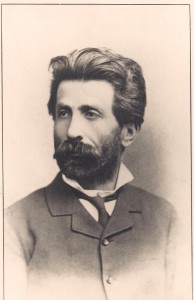
Guglielmo Andreoli was an Italian pianist, music teacher and composer.
Alberto Soresina was an Italian musicologist and composer.
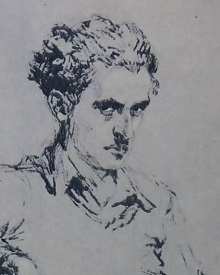
Roberto Lupi was an Italian composer, conductor, and music theorist. Born in Milan and trained at the conservatory there, he began his conducting career in 1937. His compositions of experimental music included large-scale works for chorus and orchestra, chamber music, and stage works. However, Lupi's most widely heard piece was his Armonie del pianeta Saturno for oboe, harp and strings which was played each night from 1954 to 1986 at the close of RAI television transmissions. He held the chair in composition at the Florence Conservatory from 1941 until his death and published three books on music theory, the last of them posthumously. From the 1950s his theoretical approach and his compositions, especially his stage works, were strongly influenced by the ideas of Rudolf Steiner.

Giulio Confalonieri was an Italian musician, musicologist, composer and musical critic.
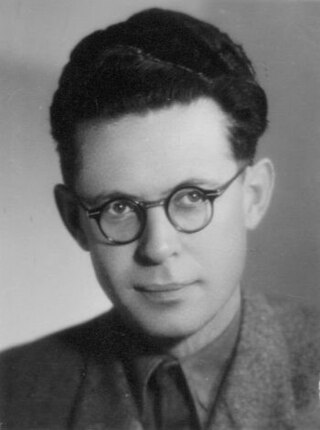
Pavel Šivic was a Slovenian composer, concert pianist, and music educator. He is primarily known for his stage works, which include the music for five operas, an operetta, and a ballet; all of which premiered at the Ljubljana Opera House. His 1974 opera Cortesova vrnitev, is widely regarded as the finest achievement in the genre by a Slovenian composer and in Slovenian. Šivic wrote the libretto to this opera himself, which is based on the 1967 play of the same name by Andrej Hieng. Šivic also composed a twelve-tone suite, several cantatas, choral works, vocal art songs, solo instrument pieces for a variety of instruments including many for the piano, and multiple film scores.
Federico Mompellio was an Italian musicologist, music editor, music librarian, and music critic. He worked as a music librarian and professor of music history at several conservatories and universities during a lengthy academic career that began in 1933 and extended into the 1980s. As a scholar, he is best remembered for his biographies of the composers Niccolò Paganini and Sigismondo d'India. He also worked extensively as a music editor on the works of Paganini for the music publisher Casa Ricordi, most notably reconstructing Paganini's Violin Concerto No. 5; a work which was unknown until manuscripts were discovered in 1972 long after the composer's death.













